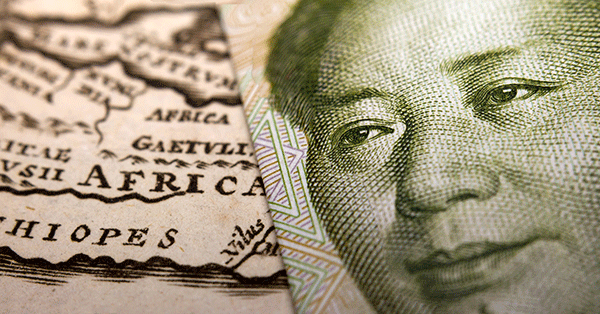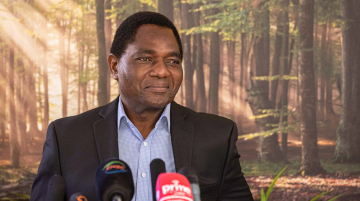Today we feature a fascinating discussion with Deborah Brautigam and Kevin Gallagher, two of the world’s foremost experts on Chinese lending to the Global South. The conversation provides a glimpse of an emerging landscape: how Chinese influence will shift, and how those shifts will impact the Global South.
Both Brautigam and Gallagher’s reveal that Chinese lenders are increasingly wary about exposure to debt in certain countries. This was already true in 2019, and the pandemic and its resultant economic crises only strengthened this trend. Both their research units have reported massive plunges in lending by Chinese state banks (notably the China Exim Bank and China Development Bank.)
This contraction in lending coincides with concerns about Chinese domestic debt, and the fact that China has broadened its sourcing of key commodities far beyond its traditional suppliers in Africa. These factors prompted some commentators to predict a shift in Chinese interest away from Africa, and massive financing shortfalls in key African countries.
Our conversation showed that while China’s presence in the African landscape is evolving, that doesn’t necessarily mean the two are growing apart. Here are some key factors to consider:
Infrastructure isn’t going away: Africa’s need for infrastructure will only get more acute. The need reaches beyond the crucial role of infrastructure in development, to also encompass the continent’s highly overdue planning for climate change. While Africa makes up only a fraction of China’s total trade volume, it accounts for about a third of all the infrastructure business done by Chinese companies. No matter how China shifts its lending to the continent, the infrastructure relationship between the two is likely to endure.
Different mix of lenders: A new paper by Deborah Brautigam and Kevin Acker points out that while Chinese policy banks reduced their lending to the Global South sharply, that gap is being filled by a new range of Chinese actors, including commercial banks. This means that the mix of different kinds of debt will change, which has significant implications for African countries already struggling with market-rate loans, for example the Eurobond debt currently roiling Zambia.
Old debt, including resource-backed loans, will remain an issue: There are emerging indicators that China tends to offer less lending to countries that have requested debt relief from Beijing. This means that the lending landscape could shift away from traditional recipients like Angola, towards countries like Nigeria. In theory, the shift from Angola would also indicate a shift away from the so-called Angola model of oil-backed lending. However, Brautigam and Acker shows that ever as Angola has sworn off resource-backed lending, the practice still continues in such countries as Ghana.
Strong focus on digital, medical: The triennial Forum on China-Africa Cooperation (FOCAC) summit is usually the occasion to announce massive new funding targets. Whether that will be the case this year remains a mystery. However, we can expect greater emphasis on cooperation beyond pure infrastructure lending, with a focus on medicine and technology. This is in line with current directions in the BRI.









